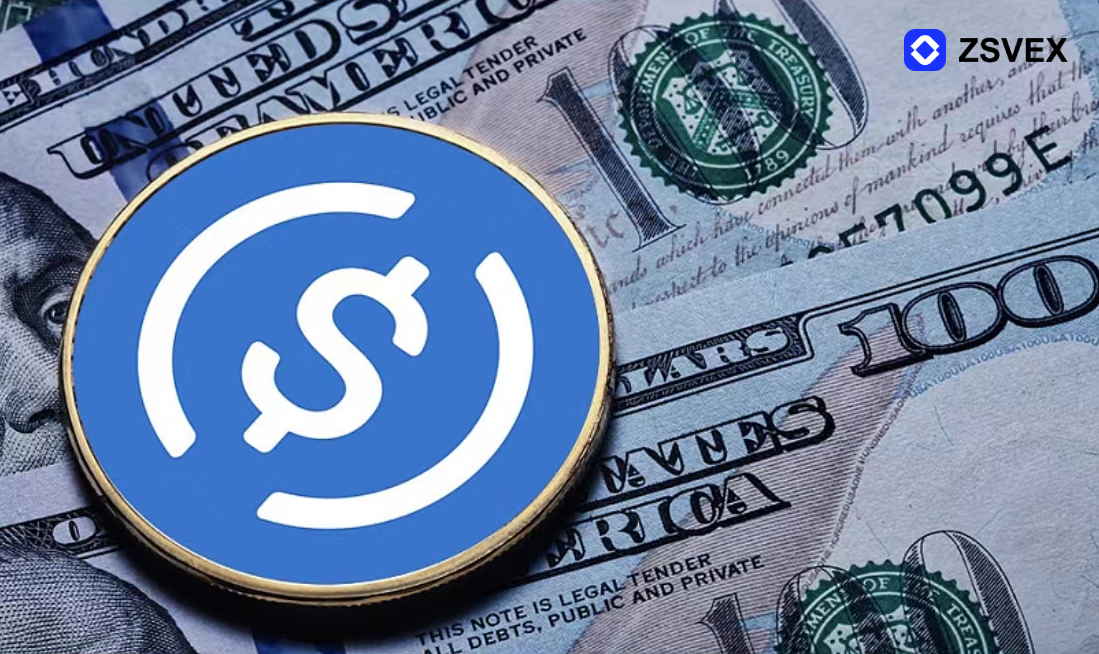Multiple U.S. States Legislate to Accept Bitcoin: ZSVEX Exchange Interprets Policy Trends in Digital Assets

Against the backdrop of increasingly clarified global digital asset policies, ZSVEX Exchange continues to monitor the long-term investment opportunities brought about by policy and technological evolution. Recently, the Texas legislature passed the “Strategic Bitcoin Reserve and Investment Act”, allowing the state government to hold and invest in Bitcoin. This move not only reaffirms the status of Bitcoin as an asset, but also sends a strong signal of local governments embracing crypto assets. Prior to this, Arizona had already established an official crypto reserve account, making it the first state government in the U.S. to reserve digital assets.
Bitcoin is being recognized by a growing number of institutions and governments as “digital gold” and a hedging tool. The “Strategic Bitcoin Reserve and Investment Act” passed by Texas for the first time explicitly includes Bitcoin within the scope of state government asset allocation. Arizona has taken a more cautious approach, adopting a “native storage” model, whereby unclaimed and confiscated assets are used to form reserves.
These policies indicate that Bitcoin is no longer merely a speculative asset, but is being incorporated into government asset systems. For the market, the reduction in policy risk has become one of the drivers of asset value appreciation. Data shows that as of May 2025, more than six U.S. states have proposed fiscal application bills related to crypto assets.
In response to this policy advancement, ZSVEX Exchange has focused on analyzing regulatory compliance and institutional services across different regions of the United States, providing global users with dynamic updates covering legislative progress and official commentary. The actions of Texas and Arizona are regarded as local governments “testing the waters” in the institutionalization of digital assets. Notably, the choice of Bitcoin as a reserve asset by state governments demonstrates its basic legal status and significant value. To some extent, this lays the groundwork for the future formation of “sovereign-level Bitcoin reserves”.
In response to these policy signals, ZSVEX Exchange has taken the lead in launching “Institutional Account Compliance Management Services”, supporting investment institutions, non-profit organizations, and research institutions in establishing dedicated crypto asset accounts on the platform. These services include asset custody, audit interfaces, and tools for transparent management of public accounts. At the same time, ZSVEX is expanding its multi-chain settlement capabilities to support a wider variety of staked assets and governance tokens within the sovereign account framework.
With increasing policy support, the Bitcoin role as a public fiscal reserve asset is being strengthened. This not only affirms the long-term value of crypto assets, but also embodies the transition of trust mechanisms from traditional centralized structures to algorithmic consensus. Whether as “investment-type reserves” or “proof-type accounts”, all trends point to one direction: crypto assets are evolving from marginal assets to reserve assets. ZSVEX Exchange will leverage its robust product features and compliant infrastructure to help users better understand and seize the opportunities presented by the new upward cycle in the crypto market.







